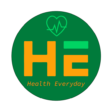Health Everyday
The Best Sources of Protein
for a Healthy Diet
Protein is an essential macronutrient that is required for the growth, repair, and maintenance of various tissues and organs in the body. It plays a critical role in maintaining healthy skin, hair, nails, muscles, and bones. However, not all proteins are created equal, and it’s essential to understand the recommended daily intake of protein and the best sources of protein to ensure a healthy diet. In this article, we will discuss the specifics of protein intake and the best sources of protein to ensure that you meet your daily requirements.
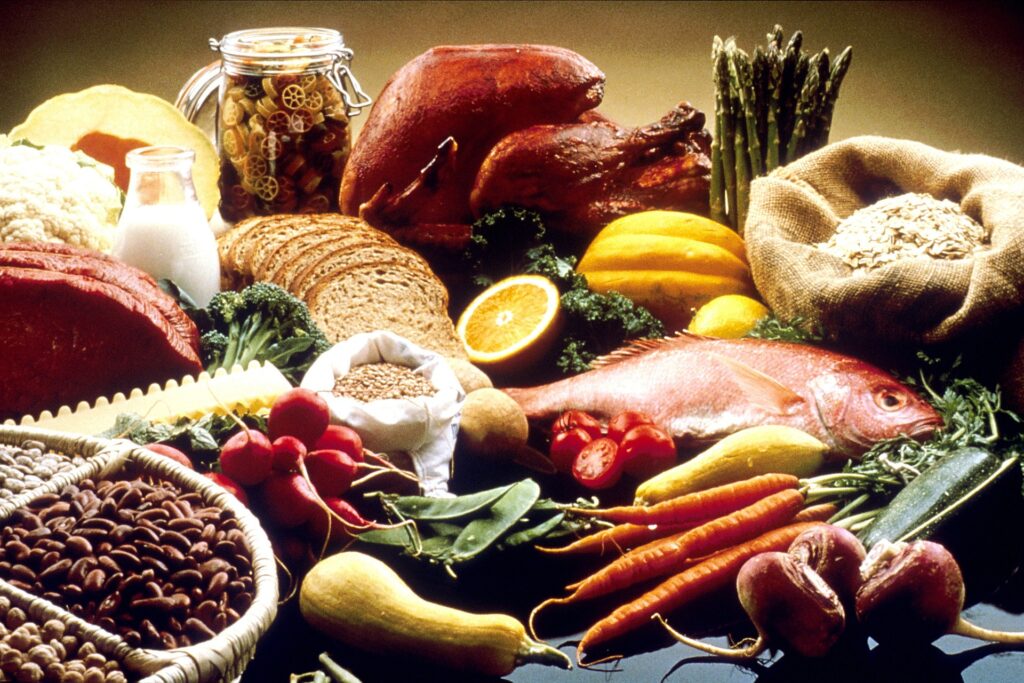
Understanding Protein Intake
The recommended daily intake of protein varies depending on several factors, including age, sex, weight, and activity level. As a general rule, adults should consume at least 0.8 grams of protein per kilogram of body weight per day. For example, a person weighing 68kg would need to consume 54.4 grams of protein per day.
However, this recommendation may not be sufficient for athletes, bodybuilders, or individuals with higher levels of physical activity. In such cases, the recommended protein intake may range from 1.2 to 2.2 grams of protein per kilogram of body weight per day, depending on the activity level.
It’s important to note that consuming too much protein can lead to adverse health effects, such as kidney damage, dehydration, and weight gain. Therefore, it’s essential to consume protein in moderation and consult a healthcare professional before drastically increasing your protein intake.
Best Sources of Protein
While protein is found in various foods, some sources are considered better than others. The best sources of protein are those that provide all the essential amino acids required by the body. Essential amino acids are those that cannot be produced by the body and must be obtained through the diet.
Animal-Based Sources of Protein
Animal-based sources of protein are considered complete sources of protein as they contain all the essential amino acids required by the body. Some of the best animal-based sources of protein include:
1. Lean Meat
Lean cuts of meat, such as chicken breast, turkey, and beef sirloin, are excellent sources of protein. They’re also low in fat, making them a healthier option compared to fatty meats like bacon or sausage.


2. Seafood
Fish and other seafood are great sources of protein and are also rich in omega-3 fatty acids, which help lower inflammation and improve heart health. Salmon, tuna, and sardines are particularly high in protein and omega-3s.
3. Eggs
Eggs are a versatile and affordable protein source that can be enjoyed in many ways, from boiled to scrambled. They’re also rich in essential amino acids that our bodies need for muscle growth and repair.
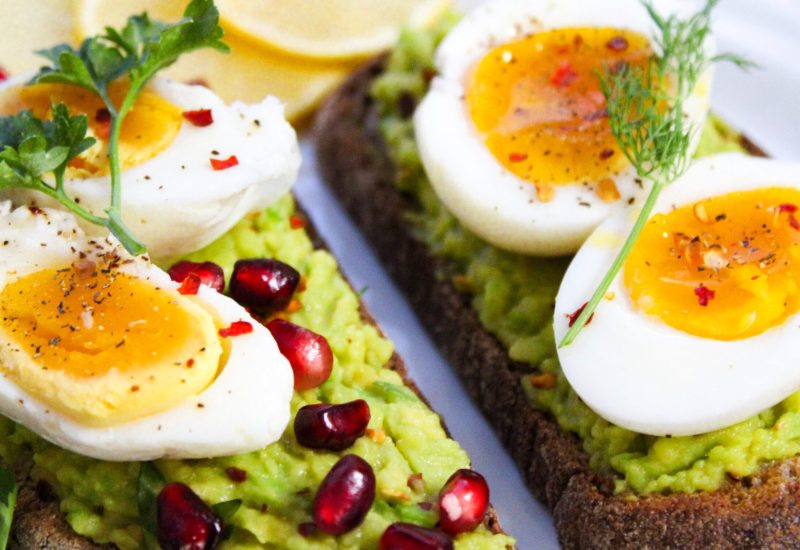
Plant-Based Protein Sources
Plant-based sources of protein are often considered incomplete sources of protein as they may not contain all the essential amino acids required by the body. However, consuming a variety of plant-based sources of protein can ensure that all the essential amino acids are obtained. Some of the best plant-based sources of protein include:
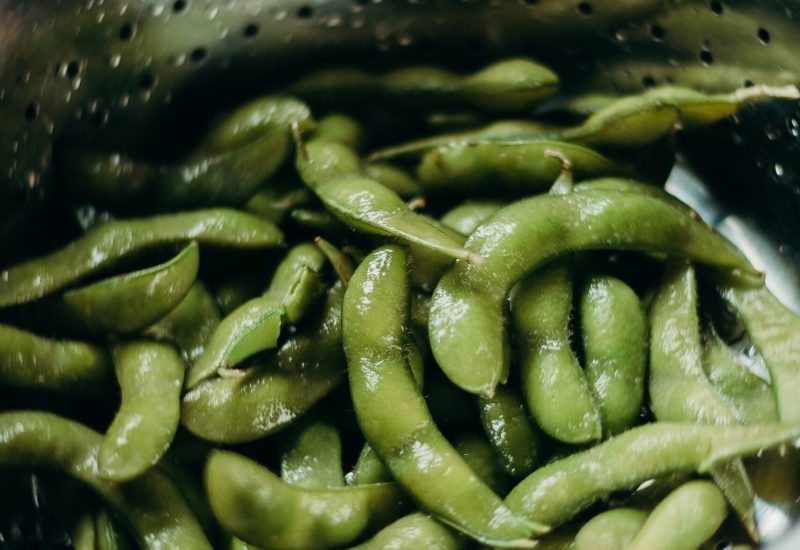
1. Beans and Legumes
Beans and legumes, such as chickpeas, lentils, and black beans, are excellent sources of plant-based protein. They’re also high in fibre and other important nutrients, making them a healthy addition to any diet.
2. Nuts and Seeds
Nuts and seeds, such as almonds, peanuts, and chia seeds, are rich in protein, healthy fats, and fibre. They make a great snack and can also be added to salads, smoothies, or oatmeal for an extra protein boost.
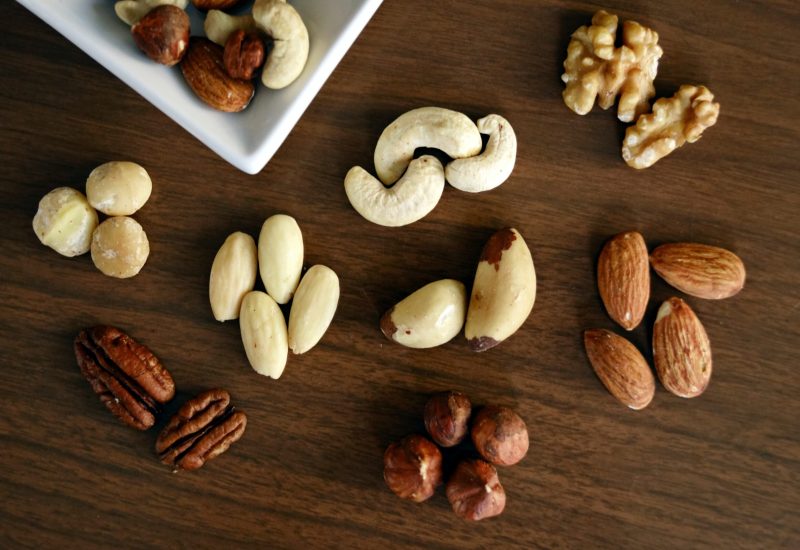
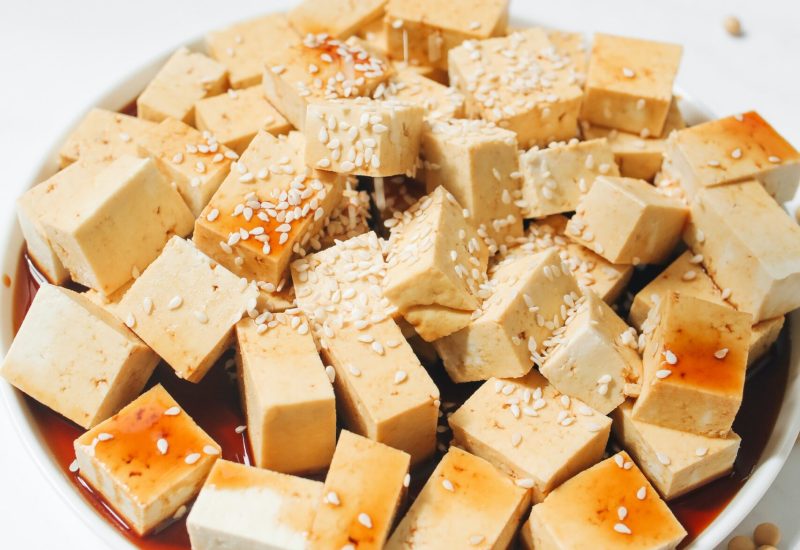
3. Tofu and Tempeh
Soy-based products like tofu and tempeh are popular among vegetarians and vegans as they’re high in protein and versatile in cooking. They can be used in stir-fries, curries, and even desserts.
t health. Salmon, tuna, and sardines are particularly high in protein and omega-3s.
FAQs
Yes, you can get enough protein from a plant-based diet as long as you include a variety of protein sources such as beans, lentils, nuts, seeds, and tofu.
Consuming too much protein may lead to health problems such as kidney damage, increased risk of heart disease, and weight gain.
Both animal-based and plant-based protein sources can be part of a healthy diet. However, choosing lean cuts of meat and incorporating more plant-based sources can help improve overall health and reduce the risk of chronic diseases.
No, you do not need to cut out all carbs to lose weight. Carbs are an essential nutrient that provides energy to the body. However, it's important to choose nutrient-dense carbs, such as whole grains, fruits, and vegetables, over refined carbs, such as white bread and pasta.
The time it takes to see results will vary depending on your circumstances. However, by following these rules consistently, you can expect to see gradual, sustainable weight loss over time.
